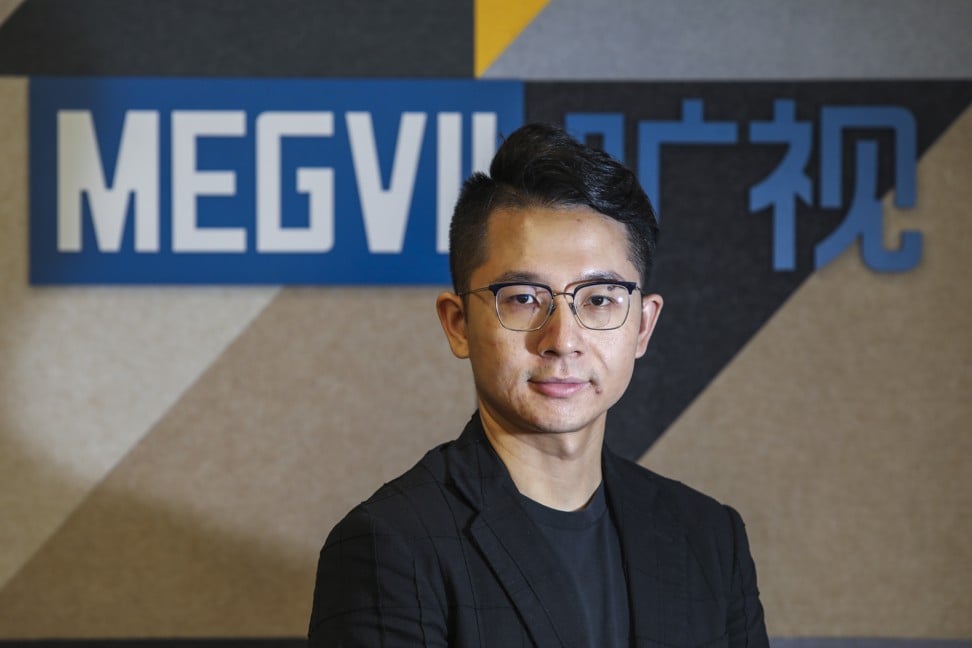
AI unicorn Megvii not behind app used for surveillance in Xinjiang, says human rights group
- Human Rights Watch said Megvii’s Face++ code found in mobile app used by Xinjiang authorities was ‘inoperable’
Megvii, the developer of facial recognition software Face++ used widely in China, is not behind a mobile app that forms part of the mass surveillance infrastructure set up by authorities in the Xinjiang Uygur autonomous region, according to Human Rights Watch (HRW).
New York-based HRW said in a correction at the end of a report released on Tuesday that its review of the Integrated Joint Operations Platform (IJOP) app, one of the mass surveillance systems used by the police and other authorities in the region, found that Megvii “seems not to have collaborated” in the development of that app.
The human rights advocacy group also confirmed that the Face++ code found in the app’s login function was “inoperable” and never actively used.
The findings backtrack from the HRW report’s initial publication early last month, when it said the IJOP app used a “facial recognition functionality by Face++” to “check whether the photo on the ID matches the person’s face or for cross-checking pictures on two different documents”.
Rising Chinese AI star Megvii gets caught in the US-China tech war
The latest findings from HRW come as the US government is reportedly considering cutting off access to crucial American technology to Chinese surveillance systems providers, including Megvii, because of concerns over human rights violations.
China has drawn international condemnation for its treatment of Muslim minorities in the far western region of Xinjiang.
The US last month added Huawei Technologies, the world’s largest telecommunications equipment supplier and China’s biggest smartphone company, to a trade blacklist that bars it from buying American technology without special permission, citing national security concerns.
Chinese AI unicorn Megvii raises US$750 million ahead of planned IPO
HRW did not immediately respond to an email inquiry that was sent outside office hours.
Last week, HRW said in an online correction that the report’s initial publication “did not precisely convey our analysis at that time”. It also said “it is possible Face++ code, which connects to a publicly accessible platform, may have been left in the app but not actually deployed”.
Megvii, which completed a US$750 million funding round last month ahead of a planned initial public offering, had denied its association with the app since the HRW report’s initial publication.
The Beijing-based artificial intelligence start-up said its products “are not designed or customised to target or label ethnic groups”. It also said clients are required not to use its technology for illegal purposes, “including the infringement of human rights”.
Chinese AI start-up Megvii said to plan IPO in either Hong Kong or New York to raise up to US$800 million
Founded by three Tsinghua University graduates in 2011, Megvii provides so-called computer vision technology to a range of major hi-tech companies, including Lenovo Group, Ant Financial Services, Xiaomi Corp, Vivo and Taiwan’s Hon Hai Precision Industry, the electronics contract manufacturing giant widely known as Foxconn Technology Group. Megvii technology is used across China to unlock smartphones, make mobile payments and verify identities at banks, train stations and airports.
China’s Ministry of Public Security also uses the start-up’s facial recognition technology, which has helped the agency record more than 5,000 arrests of wanted criminals since 2016.

Megvii is currently valued at US$4 billion and investors include Bank of China Group Investment, Foxconn and Alibaba Group Holding, the parent company of the South China Morning Post.
Asked about the surveillance in Xinjiang, Megvii co-founder and chief executive Yin Qi said in an interview last month that the company’s “technology is definitely not to blame, definitely someone should be responsible”, without elaborating.

